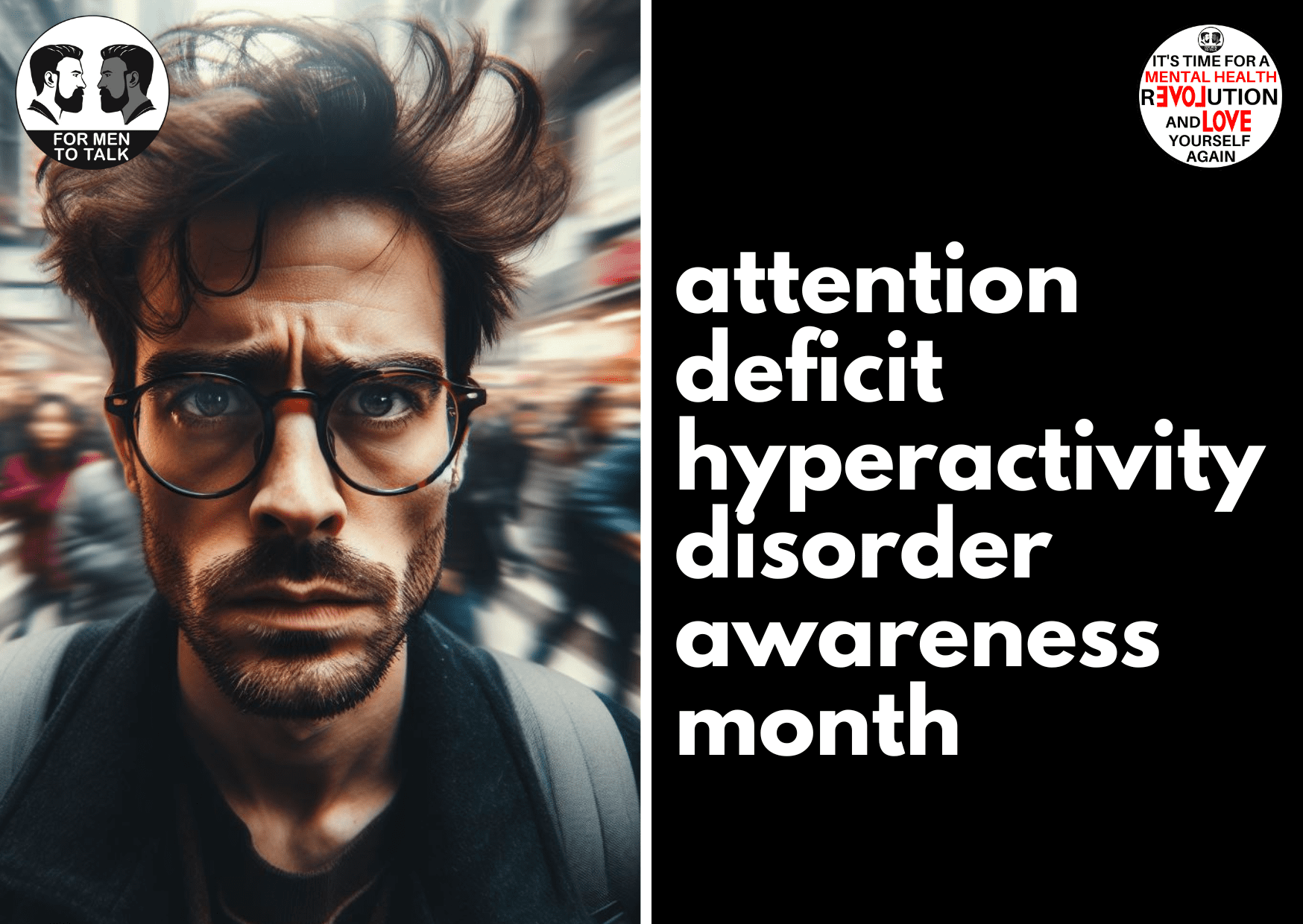Navigating the night: Sleep challenges for individuals with ADHD

For individuals with Attention Deficit Hyperactivity Disorder (ADHD), the challenges extend beyond the waking hours into the realm of sleep. Sleep, a fundamental aspect of overall well-being, can be elusive for those grappling with ADHD. In this blog, we’ll explore the intricate relationship between ADHD and sleep, shedding light on internal distractions, difficulty switching off, the impact of stimulant medication, and how mental health conditions can further complicate the pursuit of restful slumber.
Internal Distractions:
One of the primary culprits behind disrupted sleep for individuals with ADHD is the internal distractions that persist even when the external world quiets down. The hyperactive mind characteristic of ADHD often continues to race long after bedtime, making it challenging to achieve the tranquility necessary for restful sleep. Thoughts may bounce from one topic to another, creating a mental cacophony that can be overwhelming and, consequently, delay the onset of sleep.
The persistent internal distractions can manifest as a stream of thoughts related to daily activities, tasks left undone, or even creative ideas. To mitigate these challenges, individuals with ADHD often find it helpful to establish pre-sleep rituals that aid in calming the mind, such as engaging in relaxation techniques, journaling, or practicing mindfulness.
Difficulty Switching Off:
ADHD is closely associated with difficulty in shifting attention and, correspondingly, difficulty in “switching off” the mind. The transition from a state of high activity to rest can be particularly arduous for individuals with ADHD. This difficulty in winding down can result in delayed bedtimes and a perpetual sense of restlessness when attempting to sleep.
Establishing a consistent bedtime routine that signals the brain it’s time to wind down can be a helpful strategy. This routine might include activities that promote relaxation, such as reading a book, taking a warm bath, or engaging in gentle stretching exercises. By creating a structured winding-down process, individuals with ADHD can train their minds to gradually shift into a more restful state.
Stimulant Medication:
Many individuals with ADHD rely on stimulant medications to manage their symptoms during waking hours. However, these medications can pose a unique challenge when it comes to sleep. Stimulants, designed to enhance focus and attention, can inadvertently contribute to difficulty falling asleep and maintaining a consistent sleep schedule.
To address this issue, individuals with ADHD may work closely with their healthcare providers to adjust medication timing or explore alternative medications that have a less pronounced impact on sleep. Striking the right balance between managing ADHD symptoms during the day and promoting restful sleep at night is crucial for overall well-being.
Mental Health Conditions:
The intersection of ADHD and mental health conditions adds an additional layer of complexity to sleep challenges. Conditions such as anxiety and depression, which commonly coexist with ADHD, can exacerbate sleep difficulties. The interplay of these conditions can create a cycle where poor sleep leads to worsened mental health symptoms, and vice versa.
Comprehensive treatment that addresses both ADHD and co-occurring mental health conditions is essential for improving sleep outcomes. This may involve a combination of therapy, medication, and lifestyle adjustments to create a holistic approach to well-being.
Conclusion:
Sleep is a cornerstone of mental and physical health, and for individuals with ADHD, navigating the night can be a formidable challenge. Internal distractions, difficulty switching off, the impact of stimulant medication, and the presence of mental health conditions all contribute to the intricate web of sleep difficulties. By understanding these challenges and implementing targeted strategies, individuals with ADHD can take proactive steps to enhance the quality of their sleep and, consequently, their overall quality of life.